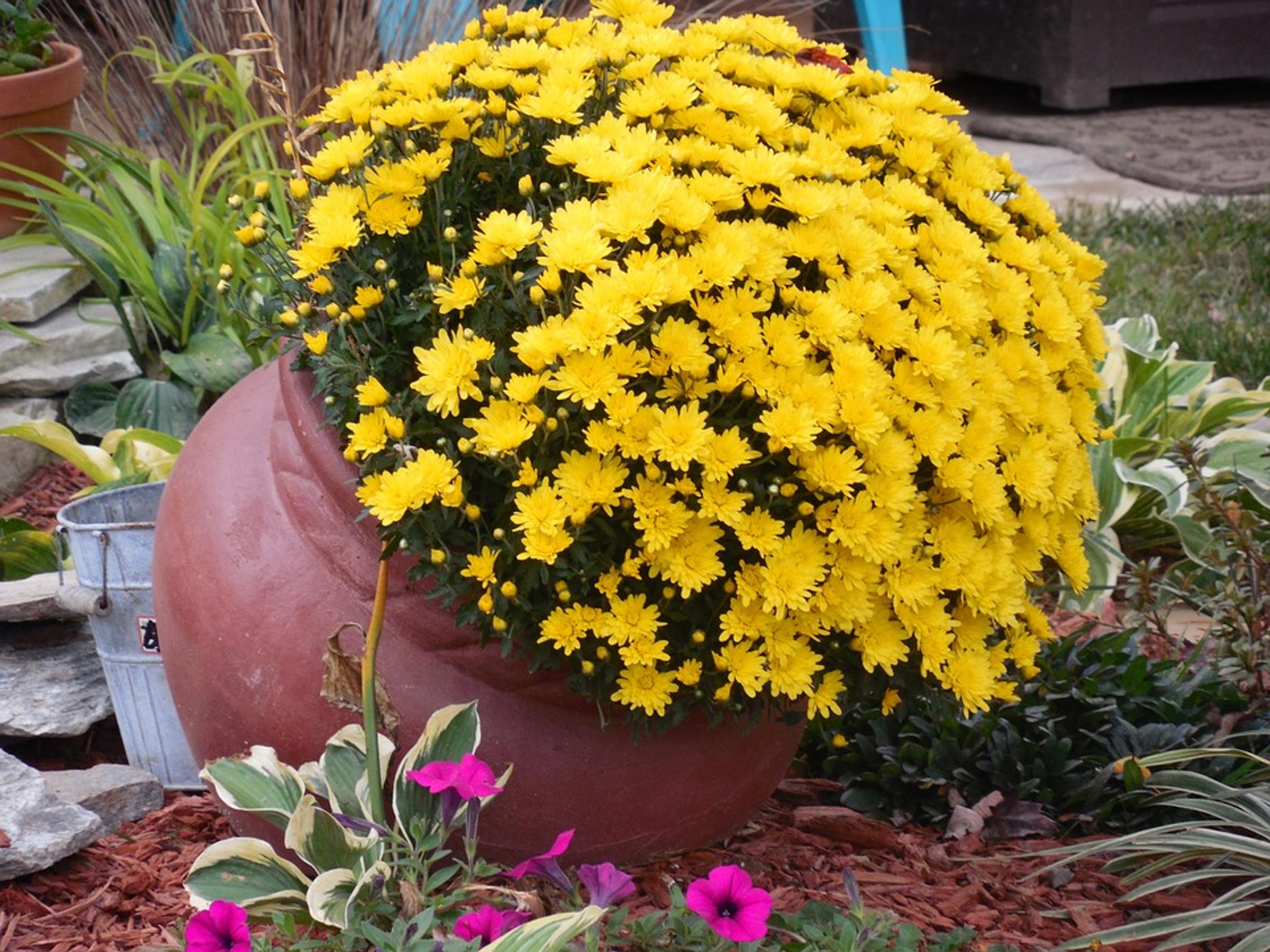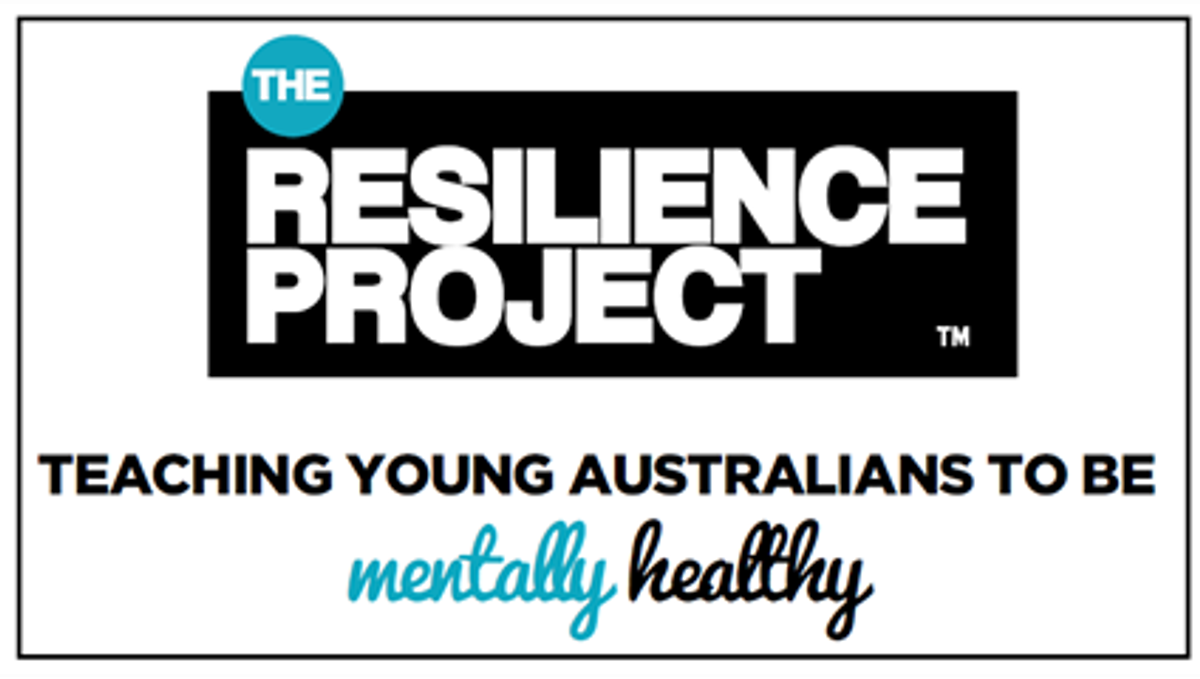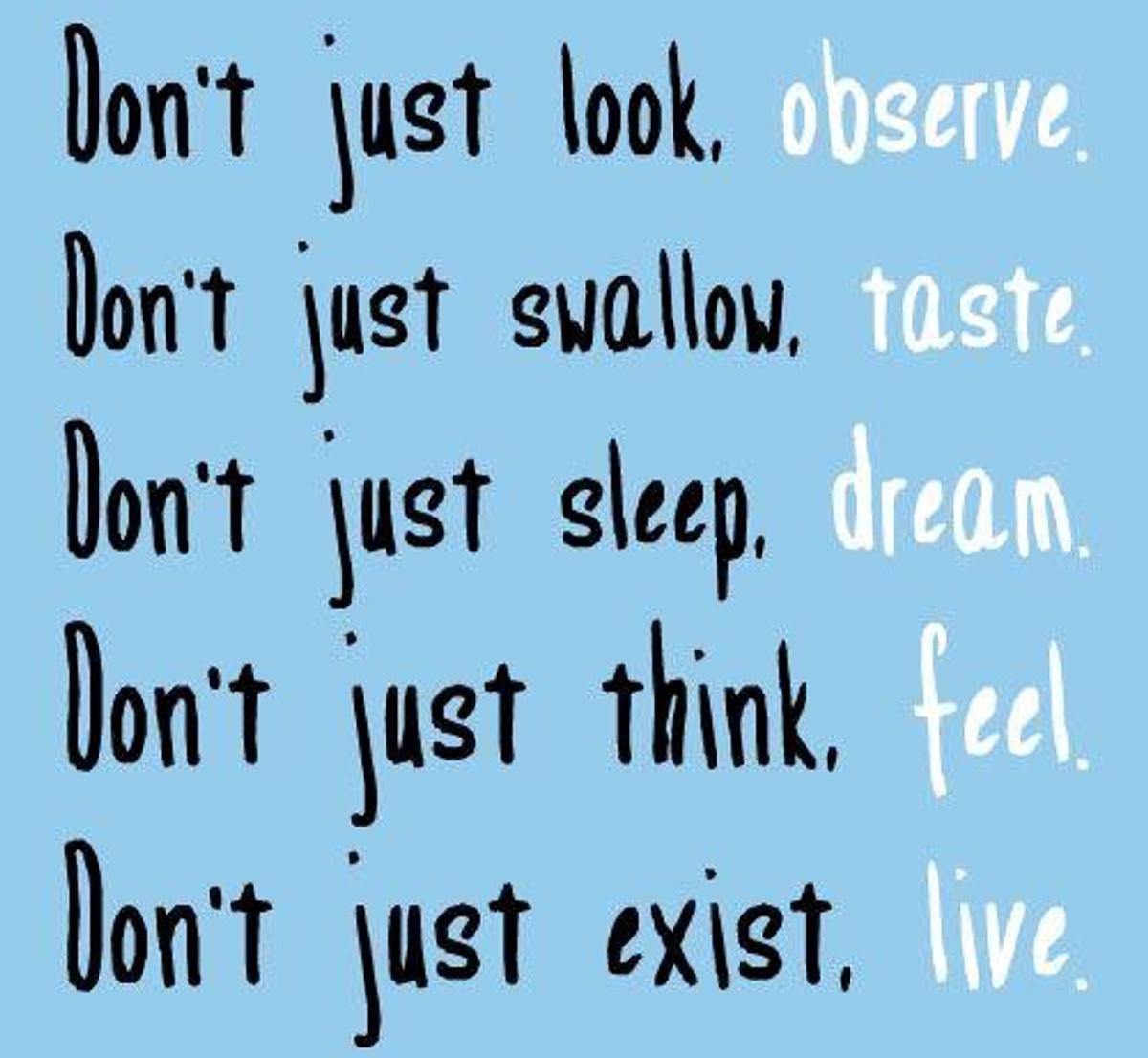Wellbeing

Coronavirus and Mental Wellbeing
Here is some useful information about how to communicate with your children especially during the challenges of lock down and the transition back to school, which may be difficult for some children.
Top tips for communicating with your kids
- Make talking part of your routine. Make time to chat with your kids every day. If your child wants to share something, give them your full attention and listen without getting distracted.
- Let your child talk about whatever interests them. Show respect for their interests, even if listening to a run-down of the world they’ve built in Mine Craft or their expanding Pokemon collection isn’t the most exciting topic for you.
- Talk about your interests with your kids. Whether it’s sport, music or cooking, sharing the things that make you happy is important too.
- Show affection. We communicate through our actions as well as words. Hugging and showing affection makes kids feel loved and content.
- Reinforce that you’re there for them. Let your kids know that they can talk to you about anything. Setting this up early will help down the line as they get older and become more independent.
There are lots of great resources out there to help families and children cope during this period of change. There are some great tips and ideas on the beyond blue website.
Some helpful tips to support Children at this time from our Chaplain Maureen
The Resilience Project
This term our focus from the Resilience Project has been on Mindfulness. Mindfulness is about so much more than just meditation. It is not just about relaxing and having a positive mindset. It is about being present in the moment and can be done in many different ways. It is about being able to block out distractions and focus our energy on what is happening in the present moment. How can mindfulness help? It can help to improve our decision making and potential for physical and mental relaxation.
Why not try one of these mindfulness activities:
Mindful Eating: This involves sitting down at a table and eating a meal without engaging in any other activities - no newspaper, book, TV, radio, music, or talking. Now eat your meal paying full attention to which piece of food you select to eat, how it looks, how it smells, how you cut the food, the muscles you use to raise it to your mouth, the texture and taste of the food as you chew it slowly.
Mindful Walking: While walking concentrate on the feel of the ground under your feet, you’re breathing while walking. Just observe what is around you as you walk, staying in the present. Let your other thoughts go, just look at the sky, the view, the other walkers; feel the wind, the temperature on your skin; enjoy the moment.
Try one of the activity ideas for ways to practice and imbed into your daily life.
Or you might like to revisit the key concepts from the Resilience Project of Gratitude, Empathy, Mindfulness and Emotional Literacy. Here are links to the videos for each concept.
- Gratitude Video (Hugh)
- Empathy Video (Martin)
- Mindfulness Video (Hugh)
- Emotional Literacy (Martin)
Thought for the day
Rachel Lenko
Student Wellbeing Leader.


